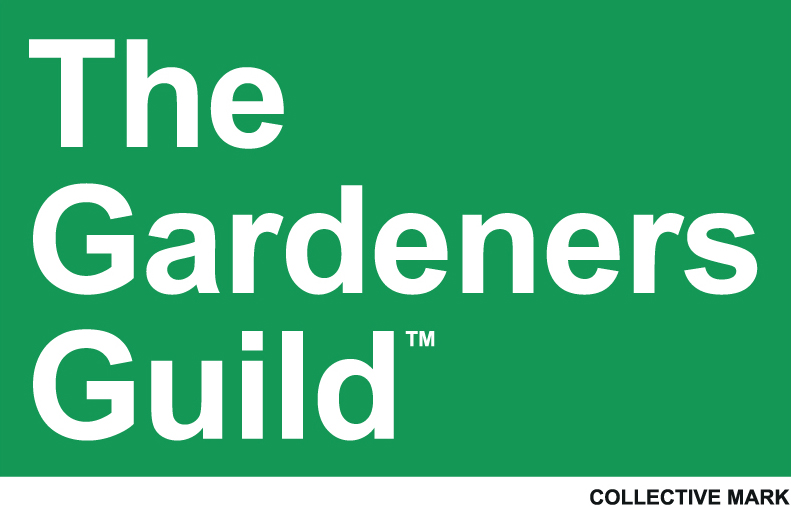
Garden waste recycling
Any contractor who removes any kind of waste from your property must be a licensed waste carrier. Anyone found transporting other peoples waste without a license can be prosecuted. Only licensed waste carriers are allowed to deposit other peoples waste at approved recycling centres. If they don't have a license they cannot dispose of it legally. If that waste is traced back to you - you may be prosecuted for encouraging fly-tipping and given a fine of up to £400!
A gardener who transports only green garden waste can apply for a free waste carriers license (Lower tier waste carriers license). Anyone who transports mixed waste (building rubble etc) will have to pay for an Upper tier waste carriers license.
However, this does not mean that a gardener can dispose of green garden waste for free. Many local recycling facilities are for domestic use only and do not accept commercial waste even if it is a result of gardening work at a domestic property. Your gardener will need to visit a privately owned or specialist recycling centre who will charge based on weight or van size (£75 or more for a medium sized van). These sites will have a minimum charge (£), so your gardener will need to store green waste (£) until there is sufficient to justify a visit to a commercial recycling centre - these are often few and far between and will take time to get to (£) - allow 3 hours for a round trip.
You can check if a trader has a waste carriers license on this government website: https://environment.data.gov.uk/public-register/view/index
Waste disposal fees can be expensive. Try to home compost and recycle when you can.
Not all gardeners will remove green waste. Your council may also provide a green waste recycling service as part of their regular home waste removal service.
Garden
recycling at home
The easiest place to start recycling is in your own
back garden! By re-using and avoiding waste you can have a healthy garden
and save money. Here are some suggestions for recycling in your garden:
Compost
- Create a compost heap to make your own compost and
mulch. This will save you money and is conveniently in your garden when you
need it! If you can make one from old wood that's even better. A compost bin
will also encourage many beneficial insects.
- Some household waste
can be composted including:
Fruit and vegetables,
Teabags,
Cardboard
and newspaper,
Your garden cuttings.
Be imaginative!
- Seedlings can be planted in empty yoghurt pots,
egg cartons etc.
- Empty plastic drinks bottles can be used as
planters/bird feeders.
- String old CD's together to scare off birds.
-
Sow grass seed on old tea-bags and use them to plug holes in your lawn.
- Look for garden products that have been made from recycled materials such
as garden furniture.
Keep your garden maintained
- Don't give
up on your plants too easily - some that look tired may simply need a prune,
water and some new compost!
- 'A little but often' garden maintenance
will avoid large unmanageable amounts of cuttings being created.
You can also recycle and save water
- Install a water butt to conserve rain water - most
plants will prefer this to tap water!
- Dishwater or water used to wash
vegetables can be used to water your garden - provided the water has cooled
and does not contain any chemicals.
- Mulching your borders. This will help reduce loss of soil moisture through evaporation.
-
Don't cut
your grass too short. This increases soil shade and reduces evaporation of soil mositure.
- Choose plants that like dry conditions (Grasses,
herbs, succulents) so they don't need as much watering.
- Fit a nozzle to
your hosepipe so you can control the flow of water.

